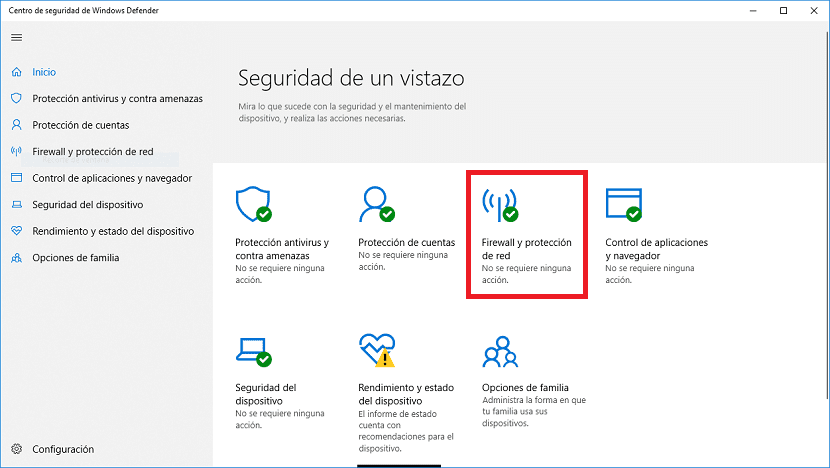
The Windows firewall is one of the tools that Microsoft puts at our disposal to be able to be protected at all times, not before possible malicious software, but from applications that want to use the Internet through certain ports that in theory they are not focused on that work.
By default, the communication ports in Windows is 8080, but we can set the number we want up to a limit. If we install an application that wants to use a certain port, Microsoft allow us to give you permission or deny it if we consider that it has no reason to connect to the Internet to function, which also raises suspicions about its possible use.
Firewalls, whether via software or hardware, can also be used to limit access to certain information, or directly block its access, as is the case with the Great Chinese Firewall, a firewall that is responsible for de limit access to information to all citizens of the country.
If we have installed an application, an application that needs an Internet connection to work, it is likely that without realizing it, at the request of Windows, we have denied it. Fortunately, from the Windows Defender options, we can give you the internet access you need.
- First we go to the Start button and look for the application Windows Defender Security Center.
- In the window shown below, we go to Firewall and network protection.
- Then we go to the option Allow an application through the firewall. By clicking on it, we only have to find which application we want to allow access to the Internet.
Before carrying out this process, we must be sure that the application does not need our Internet connection toto send data that may have been obtained from our computer. The applications that usually ask for this type of permissions are the ones that mainly allow us to download Torrent files.